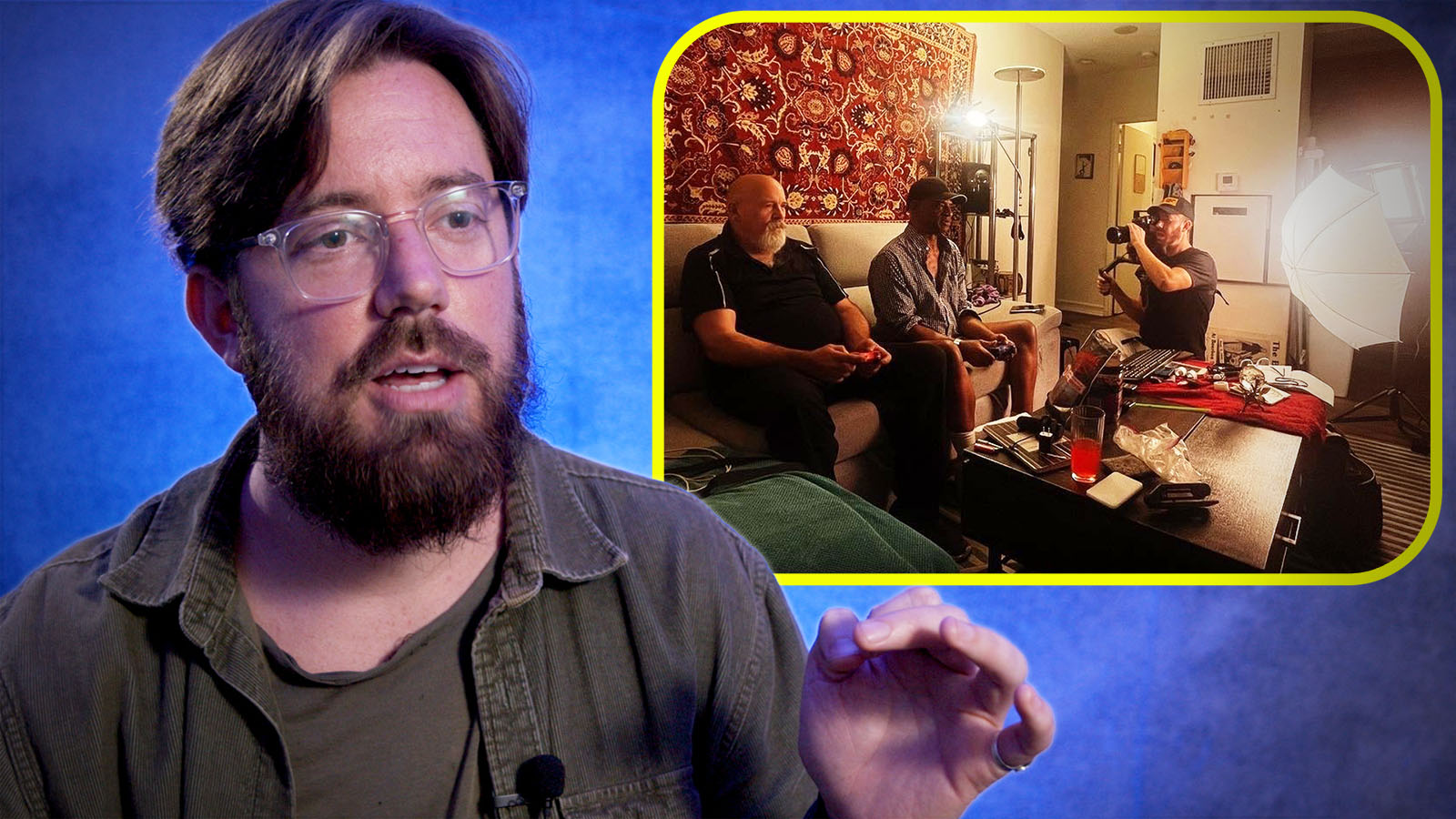[Watch the video interview on YouTube here]
P.M. Lipscomb, Filmmaker: Some woman came up to me, she was probably in her 50s maybe 60s. She asked me if I was the one who made the film and she embraced me and cried on my shoulder for a minute and said Thank you and left. That moment was something I always said I was living for but it wasn’t until I had gone through a loss that I truly look back now and comprehend that I always wanted to tell stories about people on a very intimate level.
Film Courage: Do you think of yourself as an artist?
P.M.: Honestly, I had this weird awakening recently and realized that I was a messenger and that filmmaking is a way to get messages out into the world. I feel like a lot of people are artists. I feel like the word artist a lot of times is related to somebody who might be a painter or something of that sort. But I think it’s really a broad term where we’re all creative, there’s creativity inside of us. I mean even when you choose your outfit in the morning, you’re being creative but we don’t see it as that because it’s the normal thing we do every day.

I’ve realized that the movies that mean the most to me that I’m making now is when I’ve understood the message I’m hoping to relay to some degree. Again, I might not know exactly what that message is supposed to be but it’s a creative wave that’s hit me and brought me down this spectrum of relaying whatever the message is supposed to be coming through that particular film.
So I’m sure of the definition term of an artist I am an artist but man it’s such a weird term to call yourself because there’s so much attached to that term. I definitely see myself as a messenger and trying my best to tell whatever message I was supposed to tell.
I’m incredibly aware of the fact that I’m not going to be around forever and that my time is finite. I just keep thinking about my past work (my films) and when I make new films, where will they be in 100 years. I’m trying to tell these tales now that might be interesting to somebody 100 years from now which is one reason why I’m shooting on celluloid opposed to shooting on digital sensors is this idea that a negative (if preserved correctly) could outlive us by so much more time than hard drives. There’s definitely something that’s more long lasting in a negative than the disc and a hard drive.
It’s not so much trying to be an artist or a filmmaker as it is understanding what the story is supposed to do to the human mind to some degree because I do think there’s a big sense of the creative process helps us learn what we’re trying to tell.
I think every detail of what you’re going to set out to make…(Watch the video interview on YouTube here).
BIO:
P.M. Lipscomb has passionately made awarding-winning movies since April 23, 2006. He has made three feature films and thirty-six shorts presented at a dozen film festivals across the country. He strives to make work as a means of escape for the audience from the everyday hardships. After receiving the Emerging Filmmaker Award in 2015 for his decade of work in film, he was hired as a documentarian in Toronto, Canada to follow Jacob Barnett. P.M. Lipscomb has also taught film editing at the Academy of Art in San Francisco for a year and learned from experimental filmmakers such as Nathaniel Dorsky. P.M’s first feature film, CLOWNING was released through Gravitas Ventures and is available across many platforms. Originally from Cincinnati, Ohio, P.M. Lipscomb has now moved to West Hollywood, where he is preparing his next feature film. It is in the genre of horror, and is called Bickle.
WATCH ‘CLOWNING’
CONNECT WITH P.M. LIPSCOMB
Advertisement – contains affiliate links
(As an Amazon Associate I earn from qualifying purchases)


More affiliates:
Camera we use for interviews – https://buff.ly/3rWqrra
Sound we use for interviews – https://amzn.to/2tbFlM9
Other books on Amazon that Film Courage recommends – https://buff.ly/3o0oE5o




























